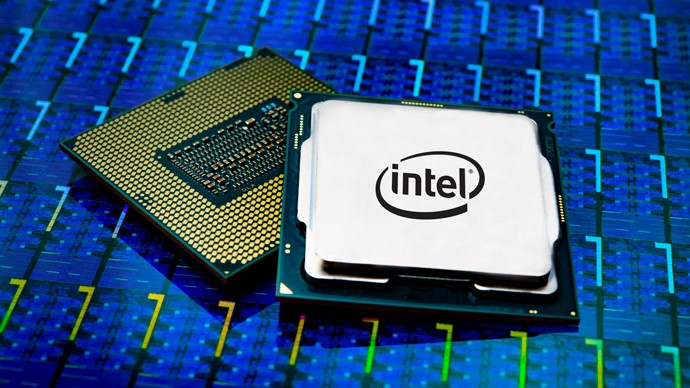Intel wants to be your one-stop shop for 5G
Intel VP tells us that “5G runs on Intel”

As the race towards 5G gathers pace, technology giants are jostling for position as they look to be the ones providing the infrastructure needed for the next-generation networks.
Intel is one of the firms leading the way, and spoke to TechRadar Pro last week at CES 2019 in Las Vegas to outline just why it thinks it can be the power behind 5G.
For Intel, 5G represents “a true convergence between computing and communications,” Sandra Rivera, Intel's senior vice president of the network platforms group, told us, noting that the company’s expertise in computing will stand it in good stead in the smart, IoT-connected world.
“Everywhere that you can have things and devices that are smart and connected...the opportunity to collect and aggregate that data, and turn that data into valuable insights that drive some positive action - we think we have a very valuable role to play,” she said.
“When you think about bringing this problem close to the compute machine, you now have the opportunity to think about this as a high-performance computing problem - and if it is a high-performance computing problem, we believe that Intel is best- placed to fix it.”
- What is 5G? Everything you need to know
Intel 5G
The company publicly tested its 5G infrastructure at last year’s Winter Olympics in Pyeongchang, and is now preparing another major showcase at Tokyo 2020 to really demonstrate it can be a leader in this space.
At CES 2019, Intel surprised many by revealing a Snow Ridge networking SoC focused on supplying 5G internet access as it looks to strengthen its hand in the network space.
Are you a pro? Subscribe to our newsletter
Sign up to the TechRadar Pro newsletter to get all the top news, opinion, features and guidance your business needs to succeed!
Providing connection speeds of up to 100GB/second, the new hardware will launch in wireless base stations, a market that is entirely new to Intel, but one it hopes to quickly conquer, with Rivera saying that Intel aims to take 40 percent of what is a hugely competitive market by 2022.
The company also unveiled Project Athena, a new industry standard for high-powered laptops that will be engineered for next-generation technologies like 5G and AI. Intel said it expects the first 5G-enabled Project Athena laptop to go on sale in the second half of 2019, most likely powered by its new family of Ice Lake processors.
Rivera promised that Intel would have more to say about its 5G work at Mobile World Congress next month, but it’s clear that the company is determined to make a big impact in the market.
“If you look at 5G, from the client to the access to the edge, or to the cloud, in every single part of that continuum, you're using Intel technology,” she says.
“We're pretty confident that when you look at 5G...it's clear it does run on Intel.”
- Check out all of TechRadar's CES 2019 coverage. We're live in Las Vegas to bring you all the breaking tech news and launches, plus hands-on reviews of everything from 8K TVs and foldable displays to new phones, laptops and smart home gadgets.

Mike Moore is Deputy Editor at TechRadar Pro. He has worked as a B2B and B2C tech journalist for nearly a decade, including at one of the UK's leading national newspapers and fellow Future title ITProPortal, and when he's not keeping track of all the latest enterprise and workplace trends, can most likely be found watching, following or taking part in some kind of sport.